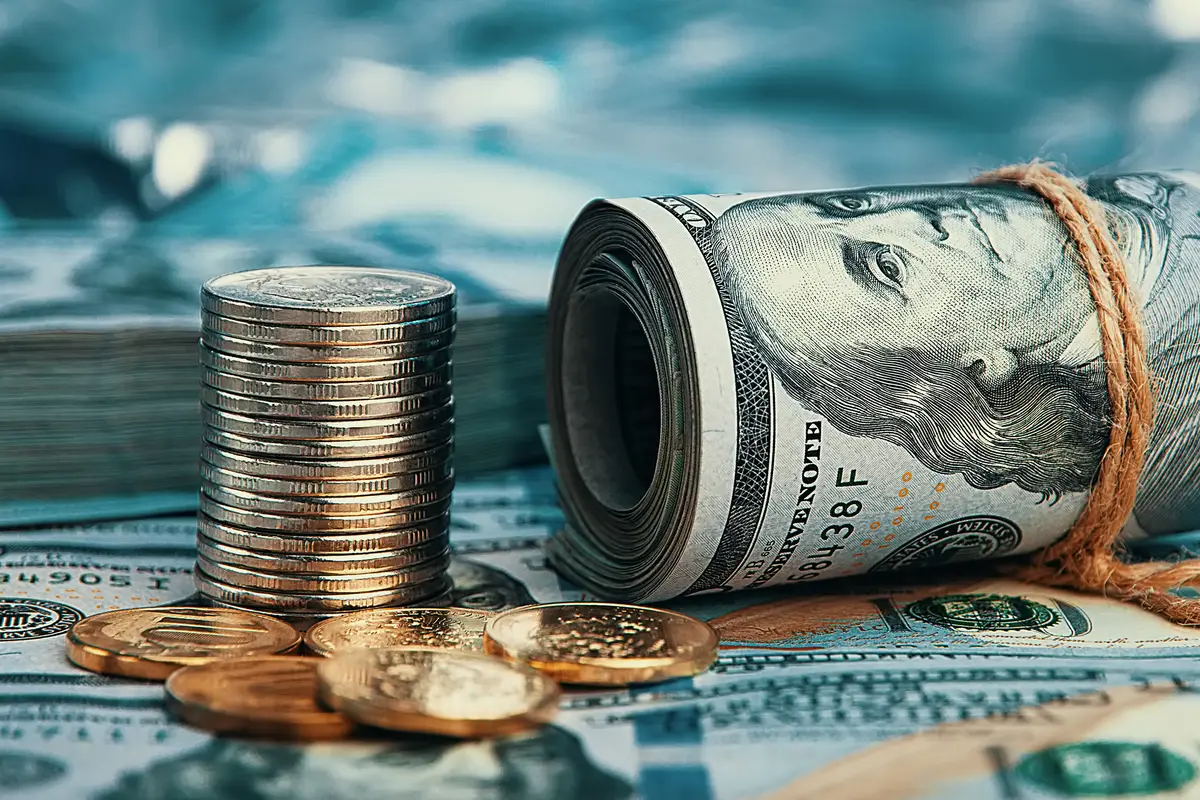As we approach 2024, many people in Hawaii are curious about the minimum wage changes coming to the beautiful islands. The minimum wage is the lowest amount that employers can legally pay their workers. It’s an important topic because it affects many people’s lives. Knowing about the minimum wage helps us understand how much money workers can earn for their hard work. In this article, we’ll explore the changes to the Hawaii minimum wage for 2024, how it compares to previous years, and what it means for workers and businesses in the state.
Understanding Minimum Wage
Before diving into the specifics of Hawaii’s minimum wage for 2024, let’s talk about what minimum wage is. Minimum wage is set by the government to ensure that workers receive a fair amount of pay for their labor. This is especially important in places like Hawaii, where the cost of living is high. A higher minimum wage means that workers can afford more essentials like food, housing, and healthcare.
In Hawaii, the minimum wage has seen several changes over the years. These changes are often made to keep up with the rising cost of living. The goal is to make sure that workers can earn enough to support themselves and their families. This is why the discussions around minimum wage are so crucial for everyone living in Hawaii.
The Current Minimum Wage in Hawaii
As of 2023, the minimum wage in Hawaii is $12.00 per hour. This rate is a significant increase from previous years, where the minimum wage was lower. The state government made this decision to help workers cope with the high living costs in Hawaii. In places where everything from food to housing can be quite expensive, having a higher minimum wage is a step toward ensuring that people can live comfortably.
It’s important to note that not all jobs pay minimum wage. Many workers earn more than the minimum wage, depending on their skills, experience, and the type of job they do. However, for many entry-level positions, especially in industries like retail and hospitality, the minimum wage is a critical factor in how much money workers take home.
What to Expect for Hawaii Minimum Wage in 2024
Looking ahead to 2024, there are some exciting changes coming to the minimum wage in Hawaii. Starting on January 1, 2024, the minimum wage will increase to $13.00 per hour. This increase reflects the ongoing commitment to ensuring that workers receive fair pay for their labor. The rise in minimum wage will help many families better afford necessities like groceries, rent, and transportation.
This increase is part of a broader plan by the state government to gradually raise the minimum wage in Hawaii. It’s not just a one-time increase but part of a series of planned raises that will help workers keep up with the cost of living. By 2026, the minimum wage is expected to reach $18.00 per hour, which will significantly help many families throughout the islands.
The Impact of the Minimum Wage Increase
The increase in the minimum wage to $13.00 per hour will have several effects on both workers and businesses in Hawaii. For workers, it means more money in their pockets. This extra income can help families pay bills, buy groceries, and enjoy a better quality of life. For many people, this increase can mean the difference between making ends meet and struggling to get by.
On the other hand, businesses will need to adjust to the new minimum wage. Some businesses may face challenges in managing their payroll expenses. For small businesses, especially, this can mean reevaluating budgets and possibly increasing prices for goods and services to cover the higher wage costs. However, many business owners understand that paying their workers fairly is essential for attracting and retaining quality employees.
Benefits of a Higher Minimum Wage
There are many benefits to raising the minimum wage, especially in a state like Hawaii. One of the primary advantages is that it helps reduce poverty. When workers earn more money, they have a better chance of supporting themselves and their families. This is important because a higher income means fewer people rely on government assistance programs, which can reduce the burden on taxpayers.
Additionally, a higher minimum wage can stimulate the local economy. When workers have more money to spend, they tend to spend it on goods and services in their communities. This spending helps businesses grow and can create more jobs. A healthy economy benefits everyone, from workers to business owners.
Challenges and Considerations
While there are many benefits to raising the minimum wage, there are also challenges to consider. Some business owners worry that an increase in labor costs may force them to cut jobs or reduce hours for their employees. This can lead to unintended consequences where workers may end up earning less overall due to reduced hours.
Moreover, there are concerns that higher wages could lead to increased prices for goods and services. If businesses pass on the costs of higher wages to consumers, it can lead to inflation, making it harder for everyone to afford basic necessities. Finding a balance between fair pay and maintaining a healthy economy is essential.
The Voices of Workers
Many workers in Hawaii have expressed their thoughts on the minimum wage increase. For many, the additional $1.00 per hour can be a significant boost to their monthly income. Workers in the hospitality and service industries, in particular, have welcomed the change, as many rely on tips and low hourly wages. They believe that a higher minimum wage can provide them with more stability and peace of mind.
However, not all workers feel that the increase is enough. Some advocates argue that the minimum wage should be even higher, especially in a state where the cost of living is so high. They argue that workers deserve to earn a living wage that allows them to thrive, not just survive. These voices are essential in the ongoing conversation about minimum wage in Hawaii.
Comparison to Other States
When looking at the minimum wage in Hawaii, it’s helpful to compare it to other states across the country. Some states have much higher minimum wages than Hawaii, while others have lower rates. For example, California’s minimum wage is currently $15.50 per hour, significantly higher than Hawaii’s upcoming rate of $13.00. This difference raises questions about how states determine their minimum wage and what factors they consider.
Each state has different costs of living, economic conditions, and labor markets. Therefore, what works in one state may not be the best solution for another. It’s essential to understand these differences to have a fair conversation about what minimum wage should look like in each state.
The Role of the Government
The government plays a crucial role in setting and adjusting the minimum wage. In Hawaii, lawmakers continually assess the cost of living and economic conditions to determine what the minimum wage should be. This involves gathering data, hearing from workers and business owners, and considering the overall economic health of the state.
The process of increasing the minimum wage can be complex. It requires careful consideration of various factors to ensure that any changes made benefit both workers and businesses. This is why community input and advocacy are so important in shaping wage policies.
The Future of Minimum Wage in Hawaii
As we move forward into 2024 and beyond, the discussion around minimum wage in Hawaii will continue. With planned increases leading up to $18.00 per hour by 2026, many people will be watching closely to see how these changes unfold. Workers, businesses, and lawmakers will need to work together to ensure that the adjustments benefit everyone involved.
Ongoing conversations about wage fairness, living wages, and the economic impact of these changes will be essential. It’s important for communities to stay engaged and informed about how these policies affect their lives. By working together, Hawaii can strive toward a fair and equitable economy for all.
Conclusion
In conclusion, the Hawaii minimum wage for 2024 will rise to $13.00 per hour, a significant step toward ensuring fair pay for workers. This increase reflects the state’s commitment to addressing the high cost of living and supporting families. While there are challenges and considerations associated with this change, the potential benefits for workers and the local economy are clear.
As Hawaii continues to navigate these changes, it’s crucial for workers, businesses, and government officials to engage in meaningful conversations. Together, they can create a fairer and more prosperous Hawaii for everyone. Understanding the implications of the minimum wage is vital for all residents, as it directly affects their livelihoods and quality of life.



